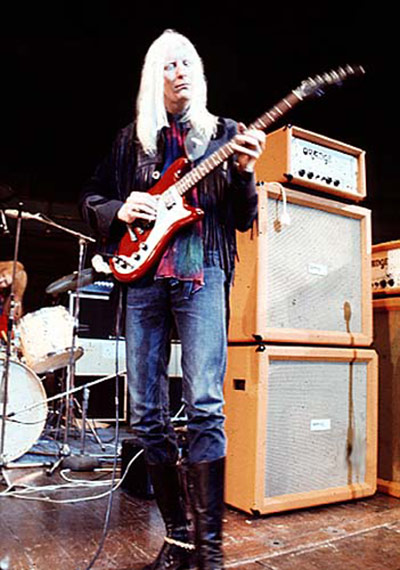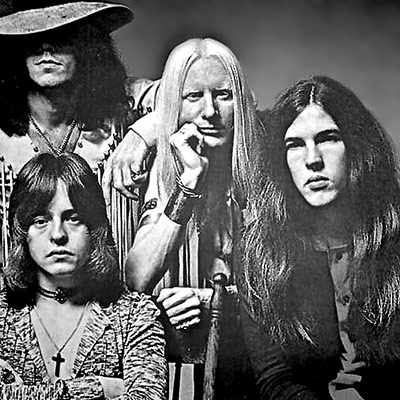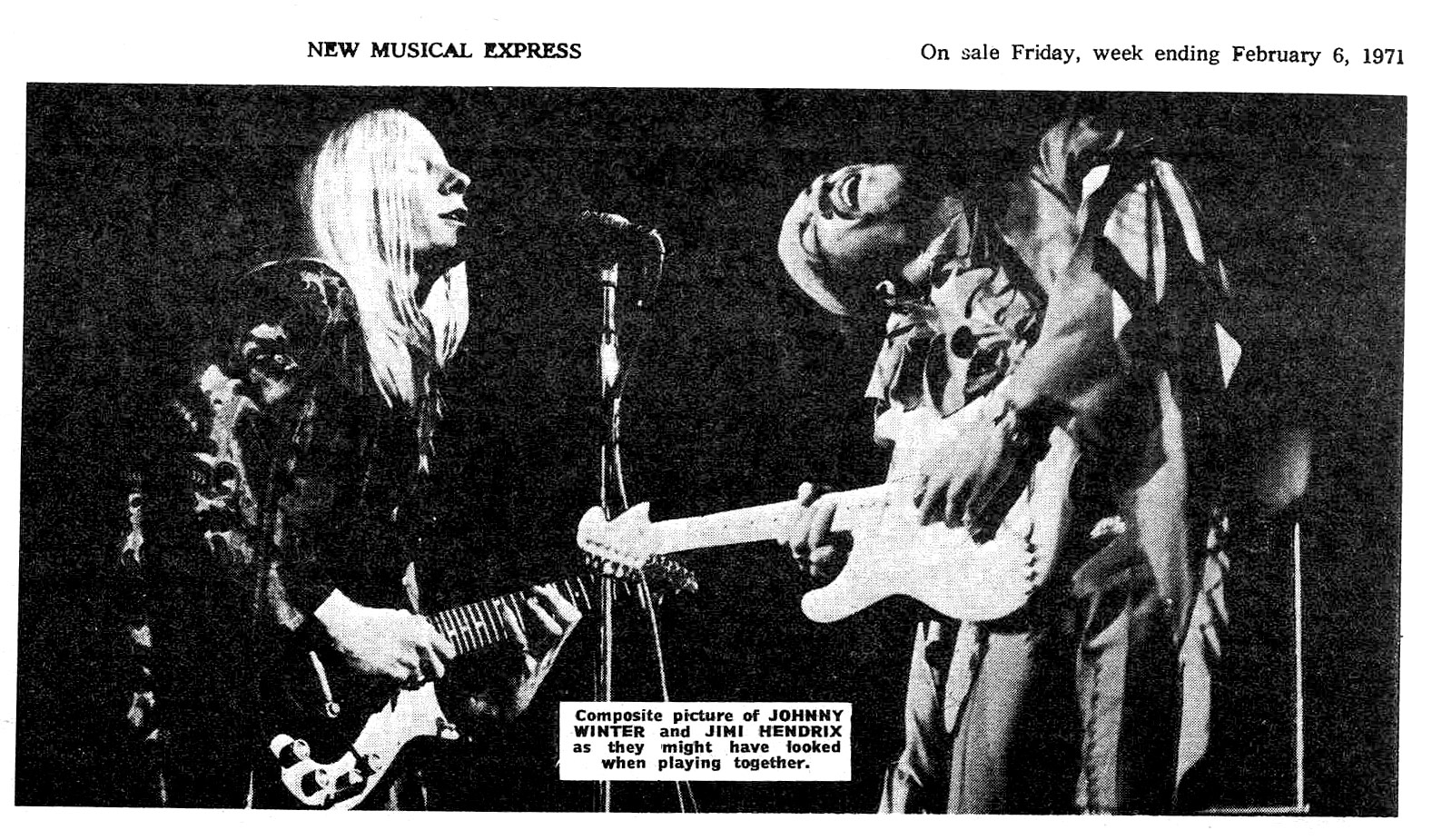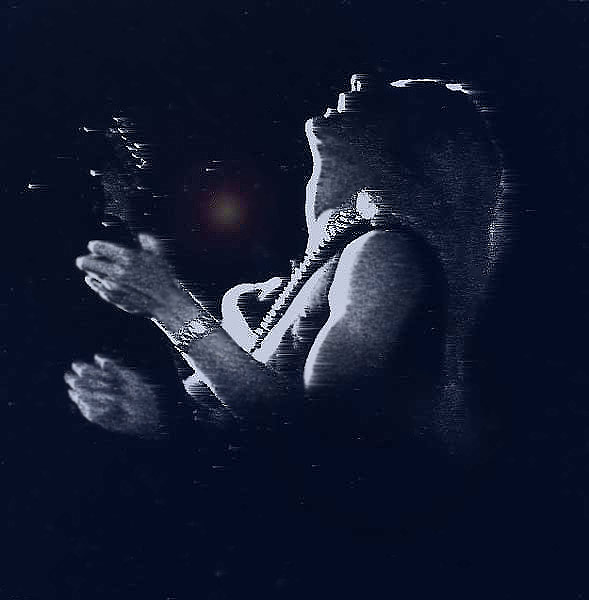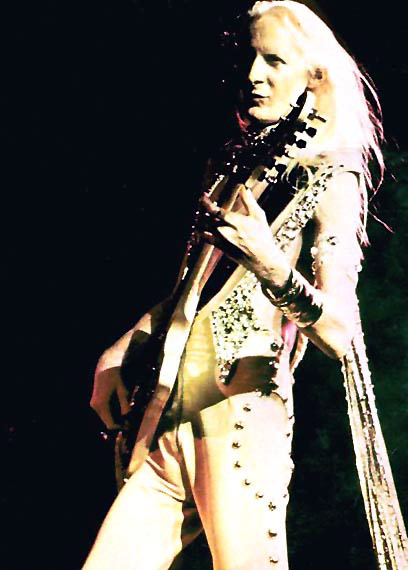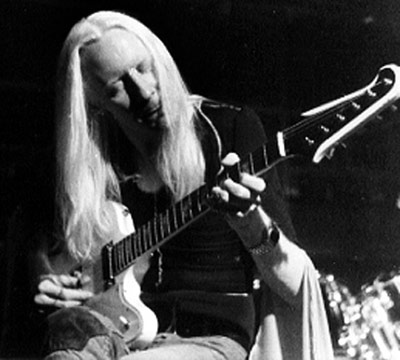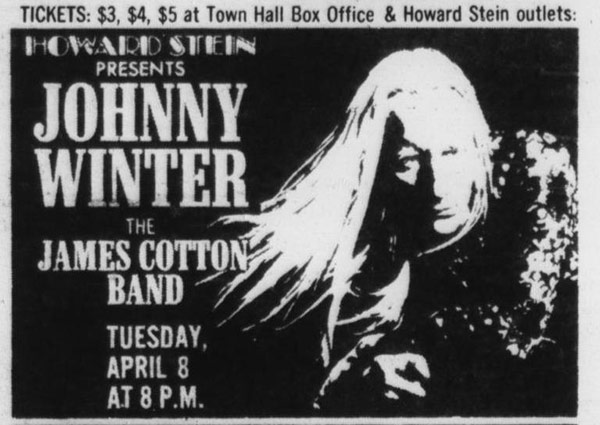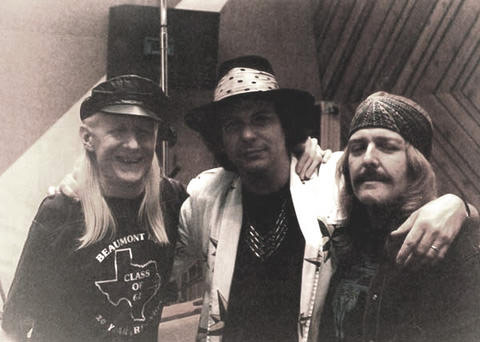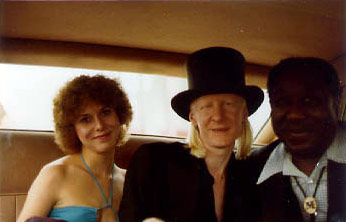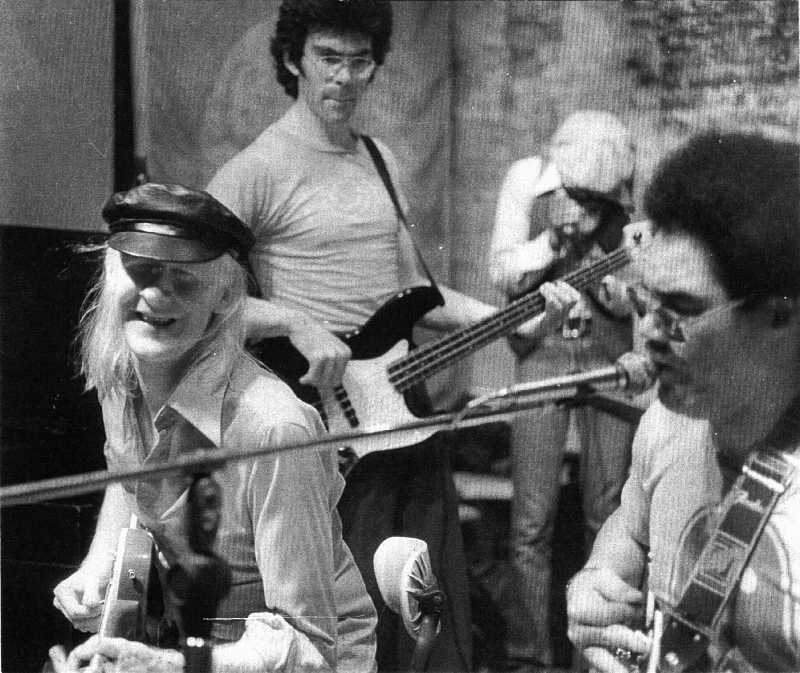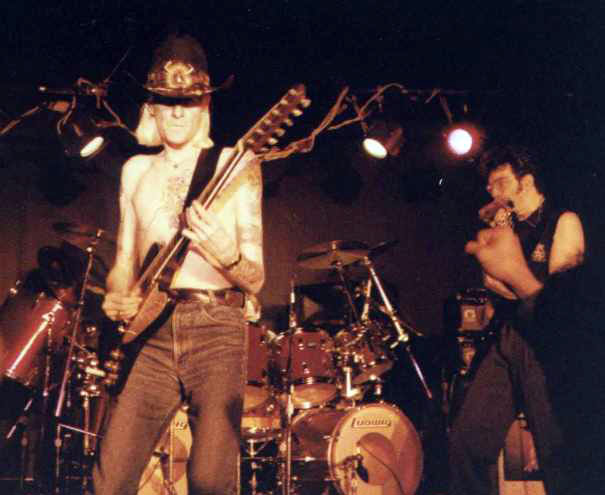Johnny Winter: A Decade of Blues, Rock, and Virtuosity (1970-1979)
-
The 1970s marked a transformative period in Johnny Winter's illustrious career, as he emerged as one of the most influential guitarists in blues and rock. Known for his fiery guitar work, raw vocals, and dedication to traditional blues, Winter captivated audiences across the globe. This decade saw the Texas-born musician solidify his status as a virtuoso, releasing critically acclaimed albums, collaborating with legends like Muddy Waters, and overcoming personal struggles. Dive into the dynamic journey of Johnny Winter from 1970 to 1979, a period that shaped his lasting legacy in the world of music.
